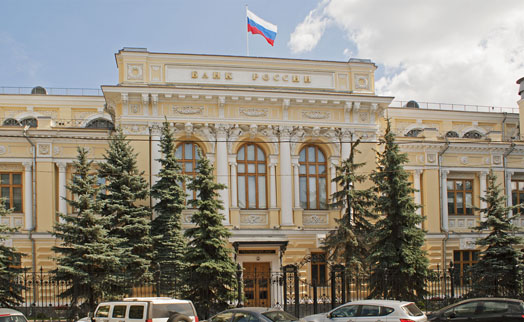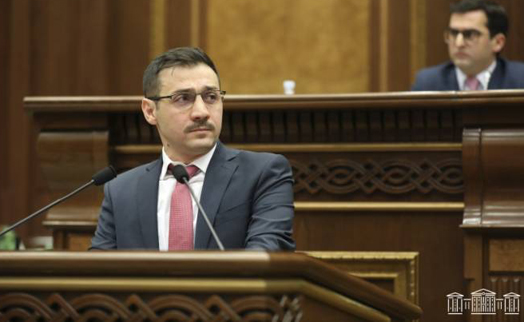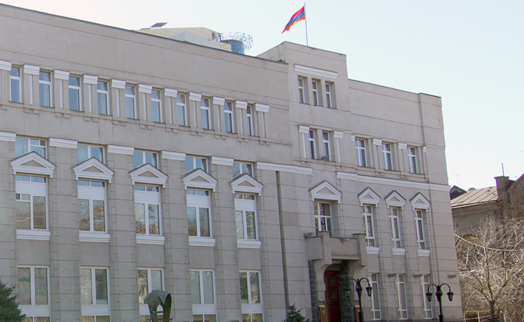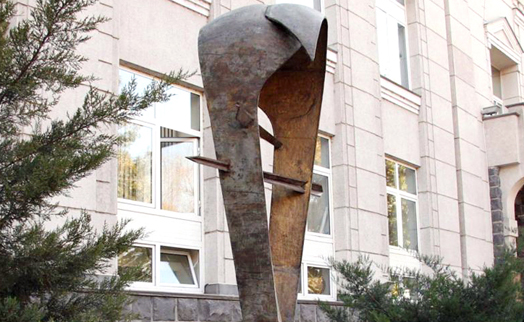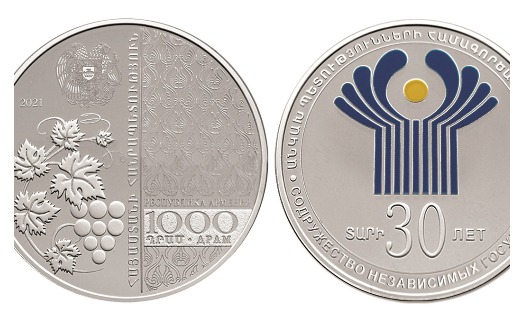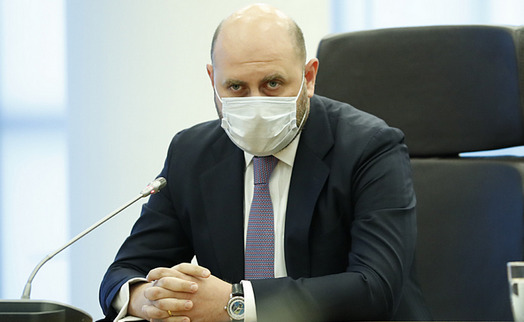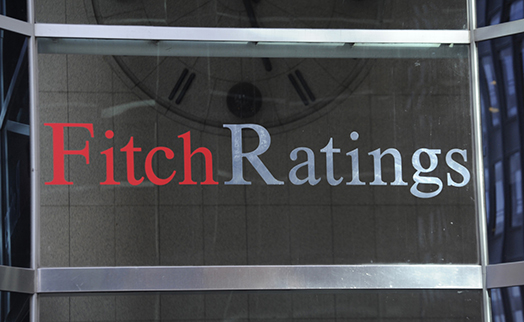28.10.2021 12:07

YEREVAN, October 28, /ARKA/. The main drivers of the inflation at this point are international food and energy prices, said the Chairman of the Central Bank of Armenia Martin Galstyan during a webinar based on the materials of the new IMF report titled Regional Economic Outlook: Middle East and Central Asia.
He said in case of Armenia this accounts for almost half of the inflation acceleration this year. The exchange rate depreciation since the COVID outbreak and a decrease in demand -all of these factors are linked and the recovery in demand is partly due to our policies.
He said the amount of injected liquidity inflated asset prices including commodity prices. This already happened in 2000-2010. ‘In the case of Central Asia and the Caucasus region additional pressure on food inflation, especially in recent months is associated with bad harvest in Russia, which resulted in high vegetable prices,’ he said.
In his words, physical supply disruptions around the world on the fast recovery of demand resulted in large price swings. For instance, container rates have surged three to five times since the early stages of COVID. That, according to some studies, has contributed to around one percentage point increase in inflation in OECD countries.
‘In Armenia, the direct effect is relatively small to our estimates. It's just 20 basis points. One of the reasons of relatively inelastic supply was the closure of many businesses, which unfortunately did not survive lockdown restrictions and sharp drop in demand, especially in 2020.
Essentially, the productive capacity was lost and it is very hard to ramp it up quickly. Depreciation of exchange rate, as I mentioned earlier, has also contributed to inflation through imports. There is however a peculiarity here. In some countries of the region the initial depreciation was partly reversed in 2021, but prices did not go down symmetrically.
We think this may be due to reluctance of firms to cut prices back because of high uncertainty and inability to adjust wages downwards. In addition to supply factors a very quick recovery of domestic demand also contributes to expansion of inflationary environment. And this goes beyond all the above told stories with commodities and supply problems.
Essentially, since the early stages of recovery a faster than expected reduction of accumulated savings has been contributing to the rise of private consumption. This quick revival of pent-up demand has been outpacing the growth of productive capacities, as expected, by still low investment activities.
These demand factors too started to impact the inflationary processes in many countries in the region including my own country Armenia.
Let me get to the monetary policy now. Central banks, especially under inflation forecast targeting regime do their best to look through the temporary supply shocks. The policy here is largely determined by inflation expectations or in other words credibility. The more credible you are the less you need to act. This is relatively straightforward conceptually but very painful in reality.
In Armenia, we saw simultaneous price adjustments across the board. Even for goods and services which have very sticky prices and had not changed for a long time. This made inflation higher and more persistent. This served as a signal for us to tighten our policy well ahead of other countries.
I think this forward looking behavior was very important. I think it was in December 2020, when nobody else in the region started the tightening cycle. There are two scenarios therefore if we think about the fast tightening. Gradual normalization of policy, which may unfortunately trigger capital outflow from the region and most probably result in tighter monetary policy. For countries with little imbalances this will be a relatively soft landing.
But the second scenario is a bit trickier. Advanced countries keep the pedal to the metal for longer because of fear of damage done by Delta variant or any other type of new wave or maybe because of political pressures. In this case inflation and commodity prices will continue rising through asset prices channel and only well developing countries can contract.
This will be by tightening policies and depreciating the exchange rates. In addition, history has also shown us that countries in our region are prone to global drought and food shortages due to export restrictions by major basic food processing countries.
This prospect I have to say is not a very happy one. Unfortunately, substantial risk and uncertainty associated with the healthcare situation and uneven vaccination create additional pressure on monetary policy with a close eye on credibility.’ -0-
Read the news first and discuss them in our Telegram
Tags:






